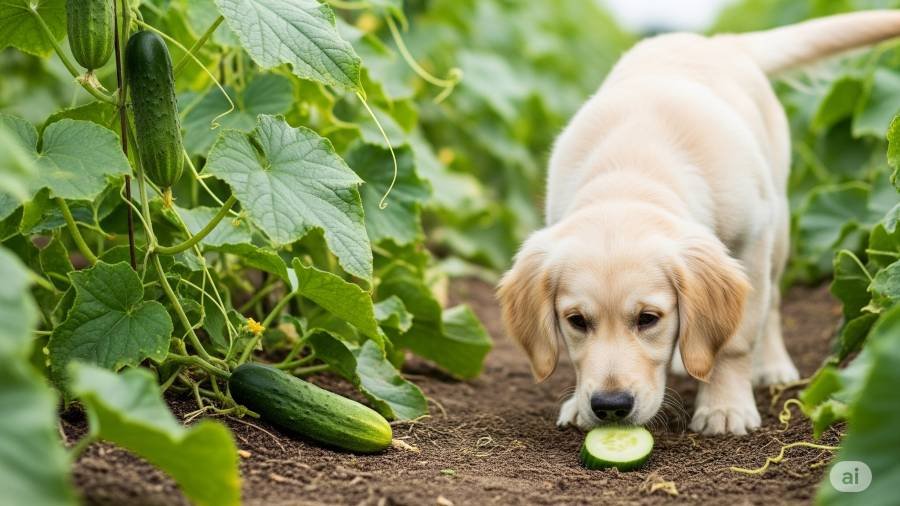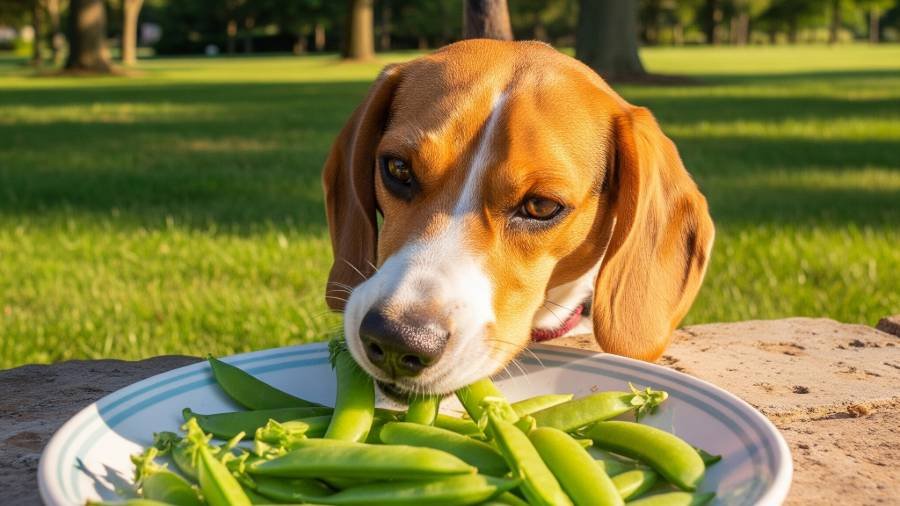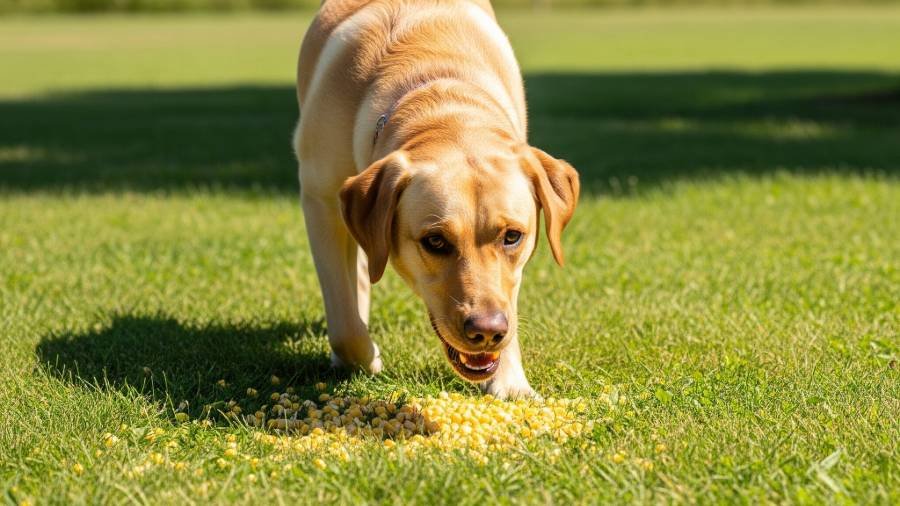Yes, dogs can eat ground beef as a nutritious source of protein when cooked and prepared properly, making it a healthy option for a balanced diet when fed in moderation.
This article provides a unique, detailed guide on feeding your dogs ground beef, exploring its benefits, potential risks, and safe practices.

Potential Benefits of Ground Beef for Dogs
When dogs can eat raw or cooked ground beef in controlled amounts, it offers several advantages that support a dog’s well-being:
- High-Quality Protein: Rich in essential amino acids, it supports muscle development and repair, crucial for an active healthy dog.
- Fatty Acids: Contains beneficial fats that provide energy and support skin and coat health, especially in lean cuts.
- Iron and Zinc: Supplies essential minerals that boost the immune system and aid red blood cell production.
- Palatability: The savory flavor makes it an appealing addition to a dog’s diet, encouraging picky eaters to enjoy meals.
- Versatility: Can be mixed into dog foods or served as a standalone treat, enhancing dietary variety.
These benefits highlight ground beef as a valuable component when feeding your dogs this meat as part of a balanced diet.
Risks and Dangers of Ground Beef for Dogs
While ground beef is generally safe, certain risks arise if not handled or fed correctly:
- Harmful Bacteria: Raw meat, including ground beef, may harbor bacteria like Salmonella or E. coli, posing a risk to dogs and dog owners.
- High Fat Content: Fatty cuts or overfeeding can lead to pancreatitis or weight gain, particularly in less active dogs.
- Beef Bones: Cooked bone from ground beef or associated cuts can splinter, causing choking hazard or internal injuries.
- Digestive Upset: Sudden introduction of raw ground beef or large quantities may cause vomiting or diarrhea.
- Allergic Reactions: Though rare, some dogs may develop allergies, manifesting as itching or gastrointestinal distress.
- Nutritional Imbalance: Relying solely on ground beef without proper balance can lead to deficiencies in other nutrients.
How to Safely Feed Ground Beef to Dogs
To ensure ground beef is a safe treat, follow these guidelines when feeding your dog:
- Cook Thoroughly: Prepare cooked ground beef by boiling or baking to kill harmful bacteria, avoiding raw meat unless advised by a vet for dogs can eat raw diets.
- Choose Lean Cuts: Select ground beef with low fat content (e.g., 90% lean) to minimize health risks associated with high fat.
- Avoid Beef Bones: Never include cooked bone or raw steak bones, which can splinter and cause injury.
- Cut into Small Portions: Break into bite-sized pieces to prevent choking and make it easier for dogs to digest.
- Feed in Small Amounts: Offer a small portion (e.g., 1-2 tablespoons for small dogs, up to ¼ cup for large dogs) once or twice a week, keeping it under 10% of daily caloric intake.
- Monitor Reactions: Introduce gradually and watch for digestive issues or allergies over 24-48 hours. Consult a vet if problems arise.
- Consult a Vet: Seek veterinary advice before adding ground beef, especially for dogs with pancreatitis or food sensitivities.
Signs of Ground Beef-Related Issues
If a dog eats ground beef improperly or reacts poorly, look for these warning signs:
- Vomiting, diarrhea, or reduced appetite (possible digestive upset from bacteria or fat)
- Difficulty breathing or choking (from beef bones or large pieces)
- Lethargy, tremors, or fever (indicators of bacterial infection)
- Excessive scratching or swelling (rare allergic reactions)
- Abdominal pain or bloating (pancreatitis or digestive overload)
If these signs appear, stop feeding ground beef and contact a veterinarian immediately. Severe cases may require urgent care.
Expert Opinions
Veterinary experts, including the American Kennel Club (AKC) and the Pet Poison Helpline, support feeding dogs cooked ground beef in moderation, noting its high-quality protein and nutrient profile as a benefit for a healthy dog.
They caution against raw meat due to bacterial risks and recommend consulting a vet for dietary inclusion, especially for dogs with specific health needs.
Additional Considerations
- Health Conditions: Dogs with pancreatitis, liver issues, or food allergies should limit ground beef. Consult a vet first.
- Puppies: Young dogs need smaller portions and monitoring to prevent choking.
- Dog Preferences: Many dogs enjoy the taste of ground beef, but overfeeding can lead to issues. Adjust portions accordingly.
- Raw vs. Cooked: Some advocate dogs eat raw beef for natural diets, but cooking reduces bacterial risks – discuss with a vet.
- Storage: Refrigerate cooked ground beef and use within 3-4 days; freeze raw portions to maintain safety.
- Complementary Role: Ground beef should enhance, not dominate, a balanced diet, paired with veggies or grains.
Safe Treat Alternatives
Instead of relying solely on ground beef, consider these safe-for-dogs treats, tailored to enhance a dog’s diet:
- Turkey: Plain, unseasoned turkey bits offer lean protein.
- Sweet Potatoes: A small portion of mashed sweet potatoes supports digestion.
- Papaya: A few bite-size papaya pieces (peeled) provide vitamins.
- Eggs: A teaspoon of cooked hard boiled eggs, scrambled eggs boosts nutrition.
Introduce new treats gradually, monitor for reactions, and consult a vet to ensure a balanced diet.
Conclusion
Dogs can eat ground beef as a safe, protein-rich treat when fed in small amounts of cooked, lean ground beef without beef bones, offering benefits like essential amino acids, fatty acids, and support for the immune system and muscle health.
However, risks such as harmful bacteria from raw meat, choking hazard from bones, or digestive issues from high fat content require careful preparation and moderation.
Puppies or dogs with health issues like pancreatitis should limit intake unless approved by a vet, and a balanced diet should remain the priority, using ground beef as part of a varied plan.
Always consult a veterinarian before feeding your dog raw or cooked ground beef, and consider safe alternatives for variety.
For more on canine nutrition, explore can dogs eat ham or what vegetables can dogs eat.
For additional questions about what dogs can eat or dietary concerns, feel free to ask!





